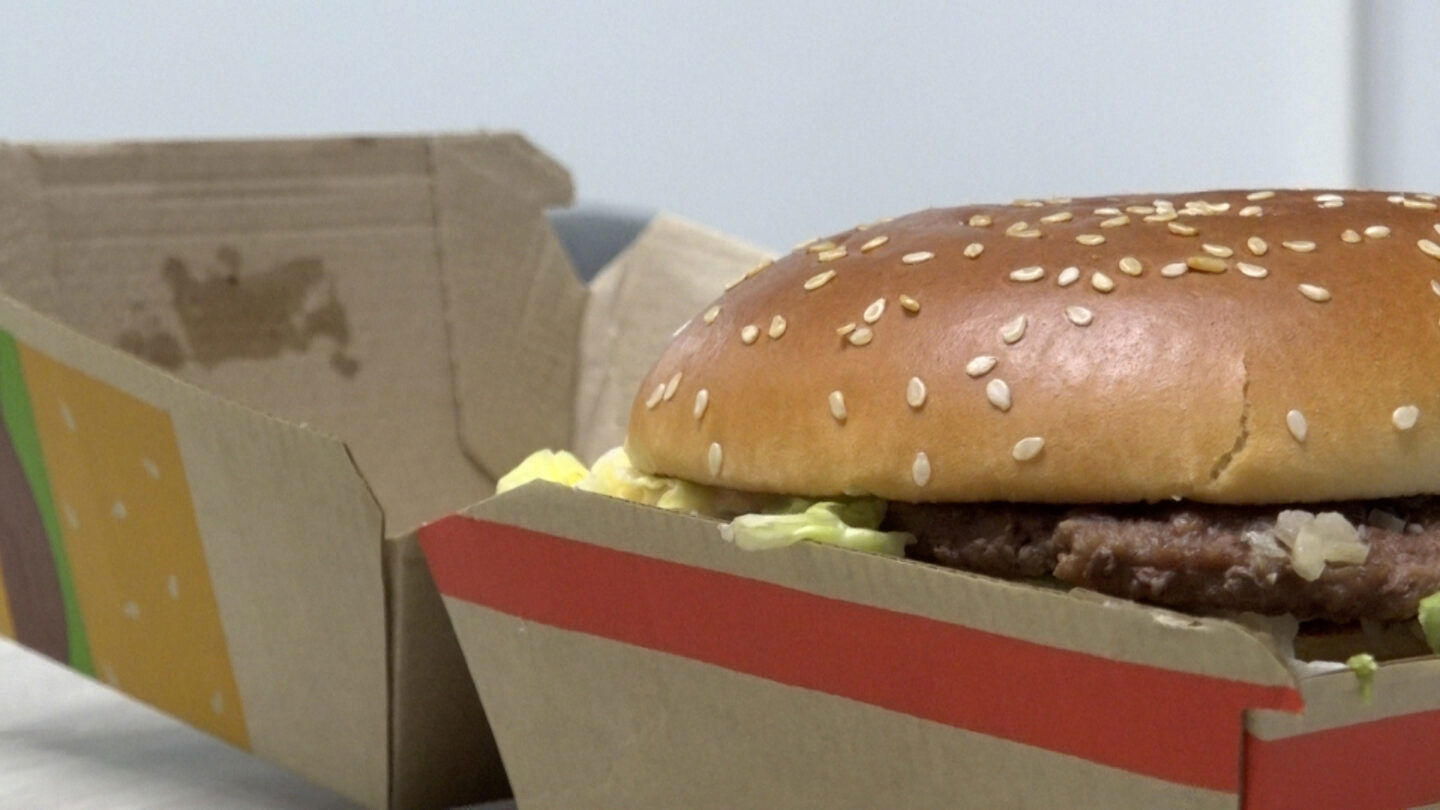Health officials offer tips to protect against E.coli

By Leah Rainwater
An outbreak of illness involving a popular menu item at a fast-food giant is putting E.coli in the national spotlight.
As of Oct. 25, the Centers for Disease Control and Prevention reports there have been 75 total cases, 22 hospitalizations and one death related to E.coli believed to be linked to McDonald’s Quarter Pounders. The restaurant chain has temporarily stopped selling Quarter Pounders at many locations in the Midwest.
So far, there are four cases of the outbreak in Missouri, none of which have been reported in St. Joseph. But the bacteria can be found in all kinds of food, including the beef and onions suspected in the McDonalds cases, so awareness is key to staying safe.
“So it’s a bacteria that everybody intakes at some point or another,” said Kristi Billings, a communicable disease community health nurse at the St. Joseph Health Department. “Some people get ill from it, some do not. It typically affects older and younger people a lot more devastatingly than middle-aged people.”
Billings said the illness affects people much like the flu virus. However, the major thing to look out for is blood in the stool and extreme dehydration.
When asked how someone can die from E.coli, Billings said kidney failure is the main cause.
“That’s why you see it in young kids and older adults,” she said. “Because their bodies are weaker and they can’t protect their kidneys as well, and so their kidneys end up failing.”
Billings said those who are infected by E.coli should be sure to stay hydrated.
“The big thing is, if you get to vomiting where you cannot keep anything down, then you need to be seen because dehydration is what leads to kidney failure the quickest,” she said.
Billings said raw meat and fresh vegetables are the most susceptible to spreading E.coli.
“It’s fecal to oral. It doesn’t always mean that it’s, you know, a human feces. It could be animal as well,” she said.
E.coli could also be spread from human to human, especially if hands aren’t properly disinfected. Billings said this is yet another reason to practice good hand hygiene.
“So you probably need to use some very good antibacterial soap any time that you use the restroom, you touch any surface that can have bacteria on it,” she said. “The biggest thing is to wash for 30 seconds. Make sure you’re scrubbing every crevice, under the nails, between the fingers, the backs of the hand, anything that could have possibly touched anything outside of your body.”
Making sure meat is properly cooked and fresh foods like vegetables and fruit are thoroughly washed also is important in limiting E. coli exposure.



